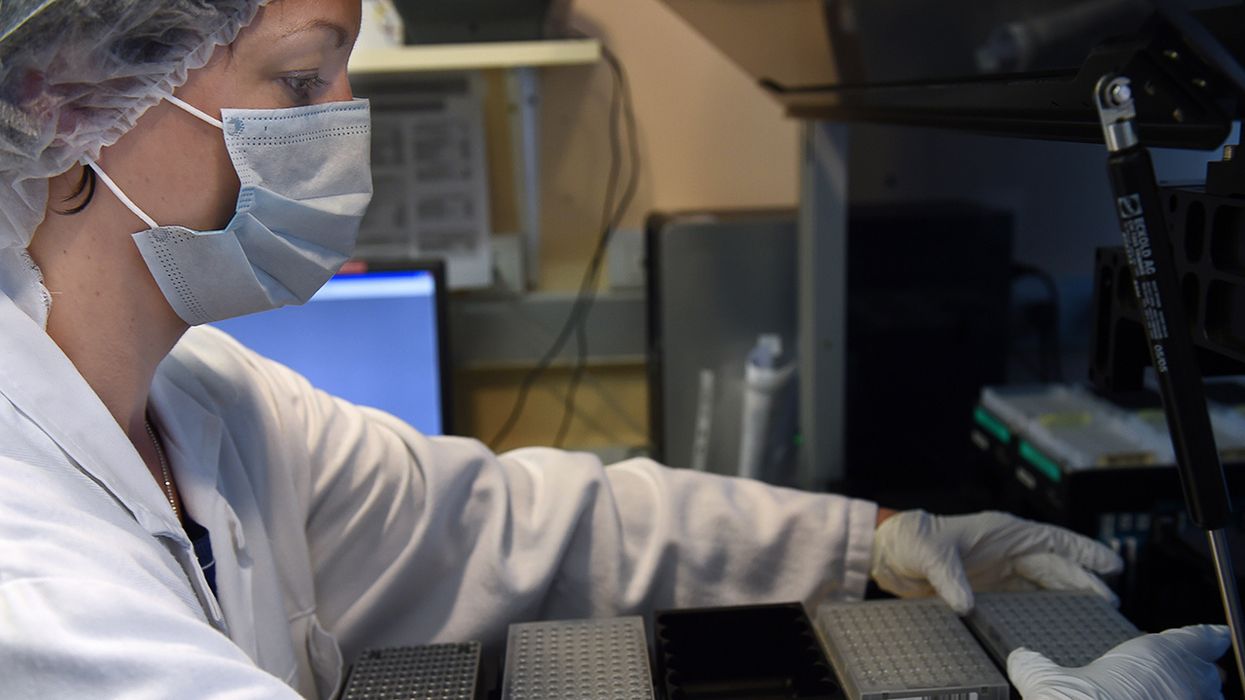
BORIS HORVAT/AFP/Getty Images

Project to roll out in 2019
The FBI wants to link DNA-reading machines in police stations across the country into a federal database. That way, suspects' DNA can be checked to see if they are connected to any other crimes, the Washington Post reported.
The database is called CODIS, which stands for which stands for Combined DNA Index System. Through the system, a Rapid DNA machine — about the size of a large desktop printer — can analyze DNA in about two hours, according to the report. Normally, that process can take days or weeks.
Some local police departments and prosecutors have been using the machines to help solve crimes for about five years. But this would mark the first time the machines are connected to a national database.
Back in 2015, then-FBI Director James Comey told Congress the technology "would help us change the world in a very, very exciting way." He also said it would allow "booking stations around the country, if someone's arrested, to know instantly — or near instantly — whether that person is the rapist who's been on the loose in a particular community before they're released on bail and get away or to clear somebody, to show that they're not the person."
In addition to the federal government, 30 states currently allow the collection of DNA at the time of arrest, according to the report. In 16 states, the data can be analyzed immediately. And in 14 states, a DNA sample may be collected at the time of arrest, but would not be analyzed until after an arraignment on charges.
CODIS would allow the identification of more crime suspects. It would also reduce the burden on crime labs and the time investigators spend waiting for DNA results.
Last year, Congress approved legislation to authorize the Rapid DNA network. The FBI plans to begin rolling it out slowly in 2019, according to the report.
"Our goal in 2019 is to be able to have a pilot project done where we actually develop a DNA profile in a booking station, with no human review, and have it electronically enrolled and searched in the national database," Thomas Callaghan, chief biometric scientist for the FBI Laboratory, told the news outlet. "We have to ensure that the quality that's done in a lab can be done in a booking station."